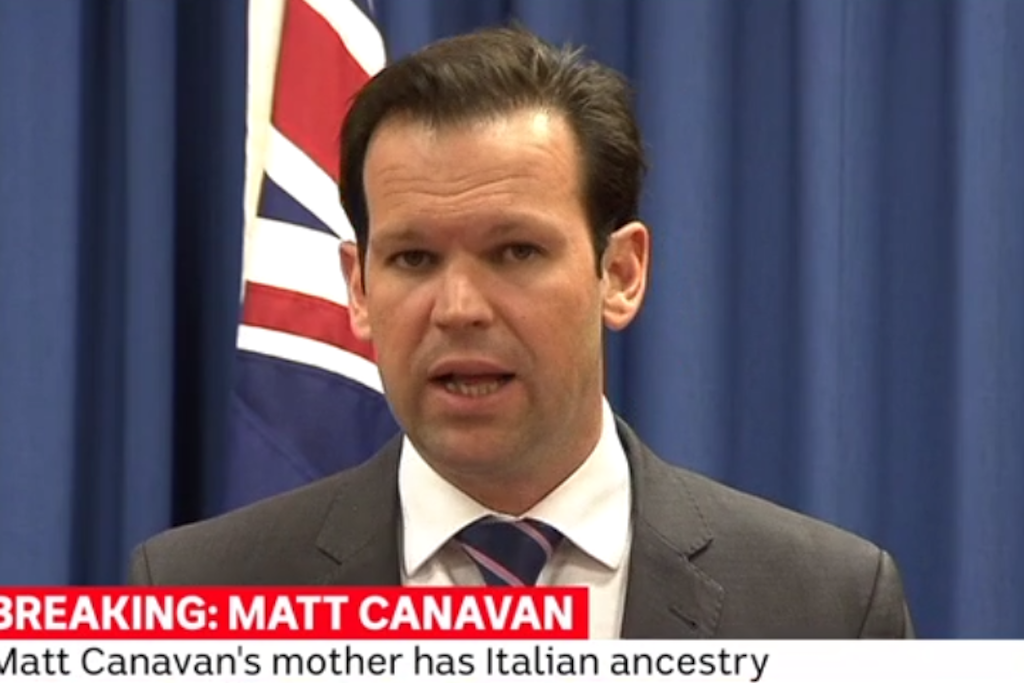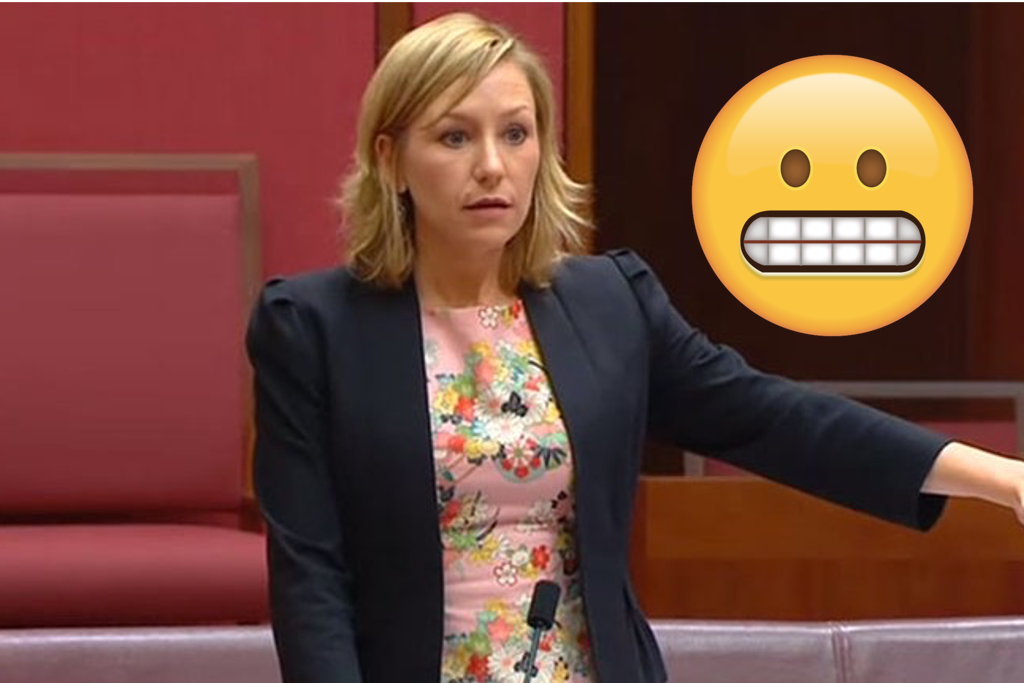Can You Actually Make Heaps Of Money Off All Those Dual Citizen MPs?

If you’ve been watching the steady stream of politicians discovering they’re dual citizens, yet continuing to sit in Parliament lately, you may be wondering if there’s anything you can do about it.
The answer is yes. It turns out anyone can sue an MP who sits in Parliament while ineligible, and potentially make some money out of it — though not as much money as you might have heard on Twitter.

What’s The Law?
It’s called the Common Informers (Parliamentary Disqualifications) Act 1975, and it allows anyone to sue an MP who appears to be ineligible under the Constitution to sit in Parliament.
The Act makes an MP who has been found to be ineligible to sit in Parliament liable to pay money to the person who sued them. It’s not a huge figure — $200, plus another $200 for each day the MP sat in Parliament since the legal action began.
But the legislation isn’t actually about making some sweet coin, according to constitutional law expert Graeme Orr from the University of Queensland. He says he’s fielded several calls from “busybodies” looking to make a quick buck.
Instead, the Act was designed so that “if an MP refused to address a known eligibility issue, there’s a fallback — an elector could take the matter to the court and claim a penalty. It’s to provide an incentive to the MP and the Parliament to do the right thing,” Orr says.
Who Could It Apply To?
Potentially, any of the politicians embroiled in the current dual citizenship scandal. But there’s not necessarily much of a point pursuing those who have already referred themselves to the High Court, and almost no money to be made from those MPs who have already fixed up the issue by renouncing the unexpected dual citizenship.
It can also apply to any politician accused of being ineligible for another reason, like, Nationals MP David Gillespie, who has been accused of having an indirect financial interest in the Commonwealth.
Professor Orr says the Gillespie case is the first instance he’s aware of where the Common Informers Act will be tested in court. This lack of use means it’s pretty poorly understood, leading to…
Misinformation And Confusion — How Much Money Can I Actually Get?
In the past couple of days people have been tweeting that some politicians could be liable to pay £100 (yes, pounds) for every day they sat in Parliament while ineligible. For long-serving, dual citizen MPs, that’s potentially a lot of money.
Now this is what I call interesting. Our Constitution Section 46 #auspol pic.twitter.com/haKHr45b4C
— Frantic Fred (@actualfredsmith) August 18, 2017
Possibly the defunct currency should have tipped these tweeters off (Australia hasn’t used pounds since 1966), but this is wrong.
The piece of legislation promising £100 per day is Section 46 of the Constitution. Unfortunately for the people furiously calculating the value of £100 in today’s dollars, this section of the Constitution has actually been superseded by the Common Informers Act, which greatly reduced potential payouts.
As Professor Anne Twomey from the University of Sydney puts it, “once the politicians realised what a threat [the original legislation] was, they replaced it with the 1975 Act which only allows a person to sue for $200 in total for the entire period that the MP sat while disqualified before the commencement of the legal proceedings”.
And while you can then claim another $200 for each day the MP sits in Parliament after the legal proceedings have commenced, Twomey notes “that is still not going to amount to very much, if anything”, especially once you take into account legal costs.
In addition the person suing also needs to successfully prove that the MP was disqualified, or they could end up having to pay their legal costs.
“The bottom line,” as Professor Twomey says, “is that what was a serious disincentive for politicians to sit while disqualified has been completely neutered. All up, it is not worth it unless you have a political axe to grind and are well-resourced.”

So I’m Not Gonna Get Rich Off Barnaby Joyce?
Probably not — if you wanted to make big bucks off politicians’ citizenship blunders, you’re about 42 years too late.
The good news is we all now know we can be Common Informers. In essence, that means anyone with the funds to do so can refer ineligible Parliamentarians to the High Court without waiting for the MPs themselves to get it together and do so — a helpful trick to have up our sleeves if an MP drags their feet on doing the right thing.
Just make sure you get some sound legal advice first, and don’t expect to profit from it.


